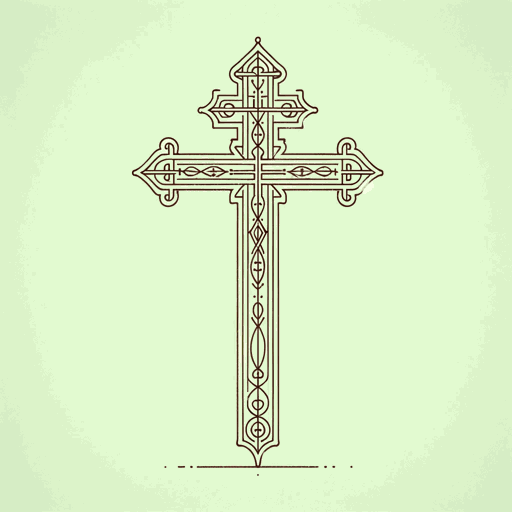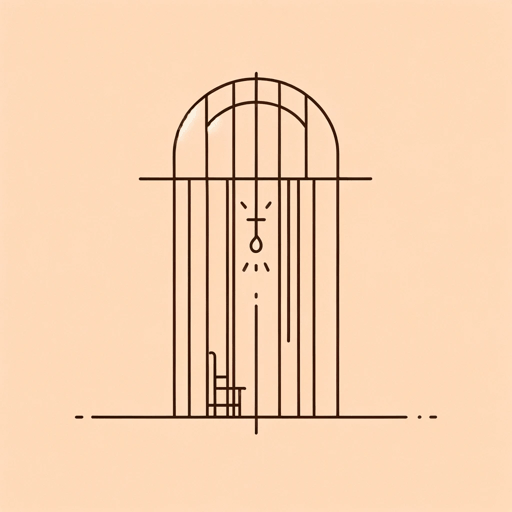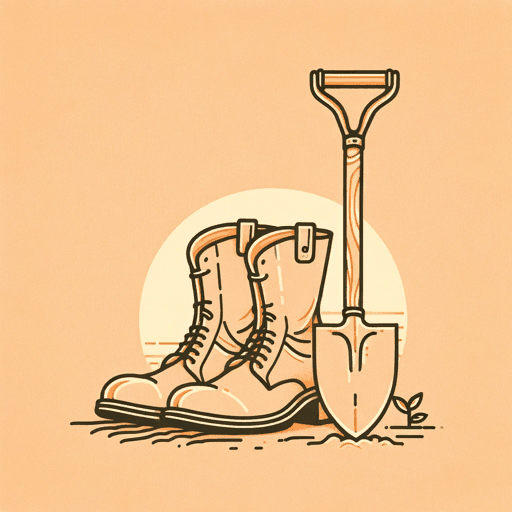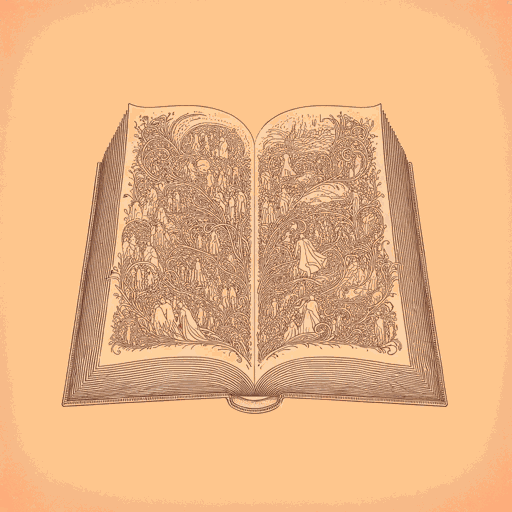52 pages • 1 hour read
Leo TolstoyMaster and Man
Fiction | Short Story | Adult | Published in 1895A modern alternative to SparkNotes and CliffsNotes, SuperSummary offers high-quality Study Guides with detailed chapter summaries and analysis of major themes, characters, and more. For select classroom titles, we also provide Teaching Guides with discussion and quiz questions to prompt student engagement.
Story Analysis
Analysis: “Master and Man”
“Master and Man” is a story of conversion and death, topics that preoccupied Tolstoy throughout his life. In contrast to the gradual pace of change that defines coming-of-age tales, conversion happens in an instance; it may be foreshadowed in small and unconscious ways, but rushes in on the person all at once. This is what happens to the central figure of “Master and Man,” the eponymous master, the merchant Vasily Andreevich Brekhunov. Brekhunov’s sudden resolve at the story’s conclusion to save his hired worker, Nikita, from freezing to death is completely discontinuous from who he is up to that point: a self-interested businessman. While “Master and Man” appears to operate on the coincidences of fate—a device often connected to tales of stormy travel—its conclusion is far from inevitable. As many times as Brekhunov fails the test of selflessness, none of his actions in the past matter in the end, when he reverses everything and saves the man against whom he had defined himself.
While Brekhunov is a master insofar as he has workers, another meaning of Master—“the Chief Master,” God (490)—is operative in the story from the beginning. Brekhunov’s status-conscious role as a church elder characterizes religion as Tolstoy often criticized it—namely, as an externally imposed duty rather than an inner spiritual feeling which people possess in their uncorrupted state.
Related Titles
By Leo Tolstoy

A Confession
Leo Tolstoy

Anna Karenina
Leo Tolstoy

God Sees the Truth, but Waits
Leo Tolstoy

Hadji Murat
Leo Tolstoy

How Much Land Does a Man Need
Leo Tolstoy

The Cossacks
Leo Tolstoy

The Death of Ivan Ilyich
Leo Tolstoy

The Kreutzer Sonata
Leo Tolstoy

War and Peace
Leo Tolstoy

What Men Live By
Leo Tolstoy

